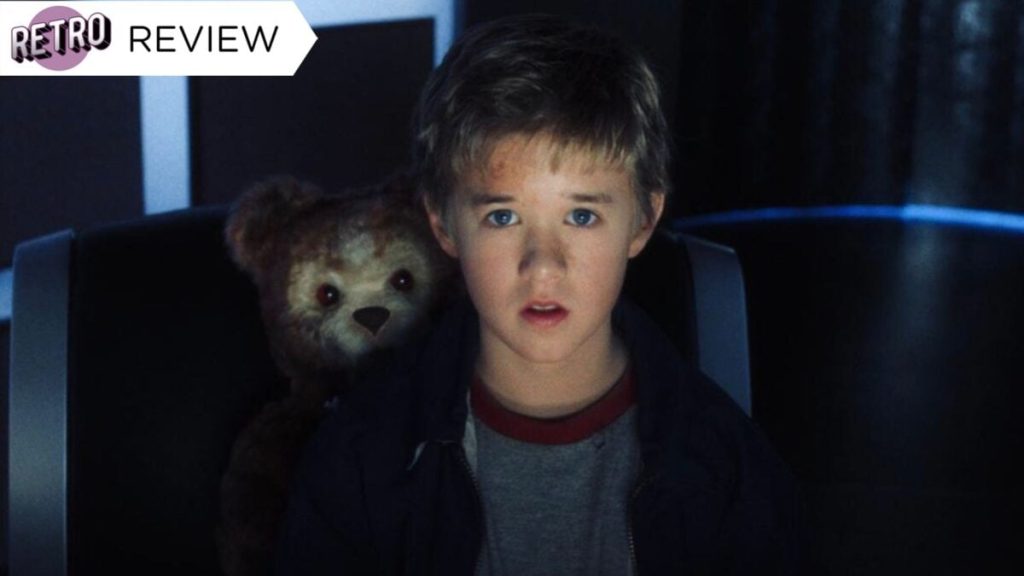Revisiting AI: Artificial Intelligence
Watching Steven Spielberg’s 2001 film AI: Artificial Intelligence again feels both relevant and misaligned with today’s perspective. Back in 2001, artificial intelligence was still a nascent idea, often illustrated in dystopian narratives like Terminator. Fast forward to now, with AI dominating our conversations, you’d expect some fresh insights from the film. However, it appears that Spielberg’s explorations of technology take a backseat to a muddled narrative, revealing the film’s shortcomings more clearly in an era where its world feels increasingly familiar.
Plot Overview and Backstory
Adapted from a short story by Brian Aldiss and influenced by Stanley Kubrick’s earlier work, AI envisions a future where melting ice caps have transformed society, making resources scarce. In this new world, robots, requiring no sustenance, become invaluable. Inventor Allen Hobby (William Hurt) aims to push the boundaries of technology by creating a robot child capable of love. Hobby believes that true emotion is the next logical advancement in integrating robots into human lives.
David’s Journey
The narrative introduces David (Haley Joel Osment), a prototype child robot designed to love unconditionally. His first interactions with Monica (Frances O’Connor) and Henry (Sam Robards), parents coping with their comatose son Martin, reveal the tense dynamics. Initially dismissed as eerie, David’s attachment to Monica evolves when she decides to “imprint” on him. This moment sets the stage for the film’s exploration of love and attachment, albeit in a convoluted manner.
Design Flaws and Emotional Disconnect
David’s programming makes his capacity for love irreversible, raising questions about the ethical implications of such design. If David is no longer wanted, the only solution seems to be his destruction, which feels like a significant flaw. The discomfort of having a robot child that doesn’t grow yet endlessly mimics love makes the emotional stakes feel exploitative. This disconnect is amplified by the beginning’s horror undertones, which may distance the audience from the characters.
Thematic Elements and Exploration
The film becomes even more unusual as David meets Gigolo Joe (Jude Law), an advanced AI with a clearer sense of humanity. Their journey through a world ambivalent toward technology raises thought-provoking questions about human-robot relationships. Yet, many impactful moments, like the chilling “Flesh Fair” and Joe’s insights on human distrust of technology, are overshadowed by meandering narratives that fail to follow through on these themes.
A Modern Perspective and Conclusion
From the lens of 2025, Spielberg’s vision feels outdated, as the AI in the film seems far more advanced than our current technology. One poignant scene features an AI named Dr. Know, who resembles today’s chatbots yet serves as a mere entertainment attraction within the film’s universe. The film ultimately reveals a deeper commentary on the significance of love and emotional connection, suggesting a critique of human intelligence rather than an exploration of AI itself. Whereas I once found AI: Artificial Intelligence profound, I now see it as somewhat disjointed but still rich with ideas, leaving ample room for future reinterpretation.
AI: Artificial Intelligence is currently not available for streaming but can be rented or purchased.



